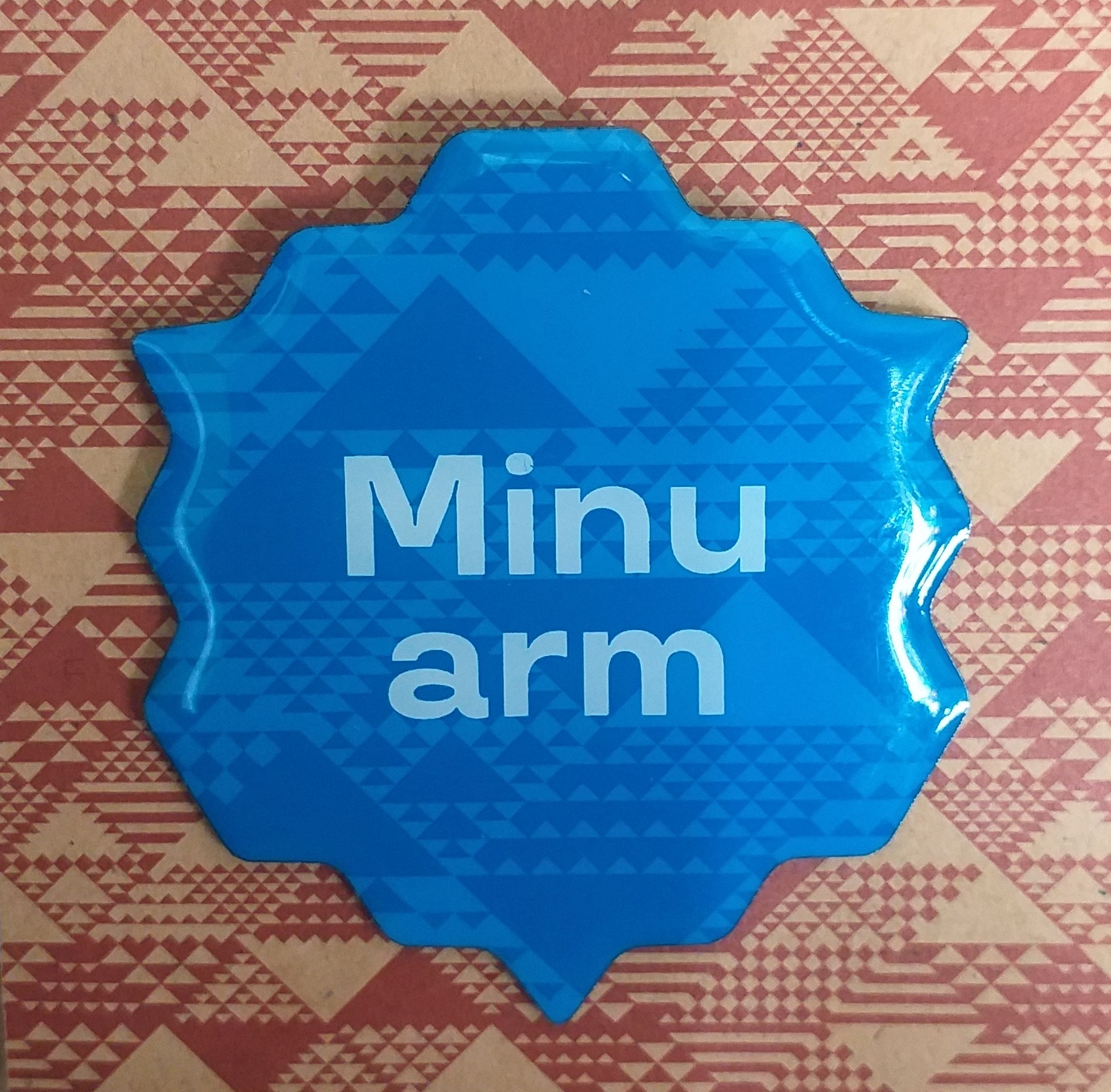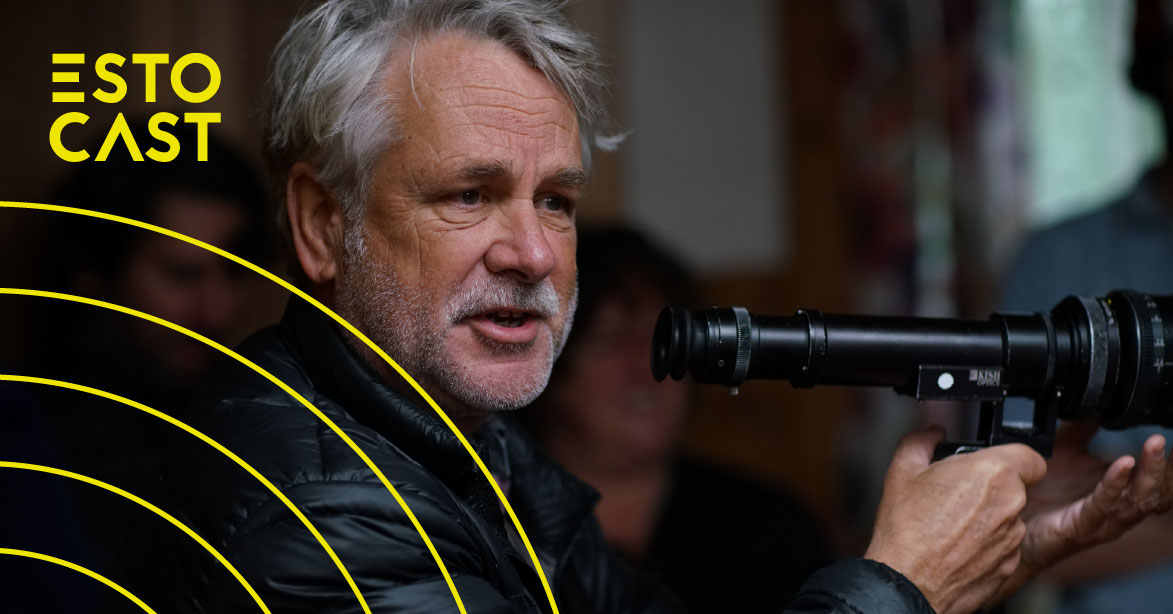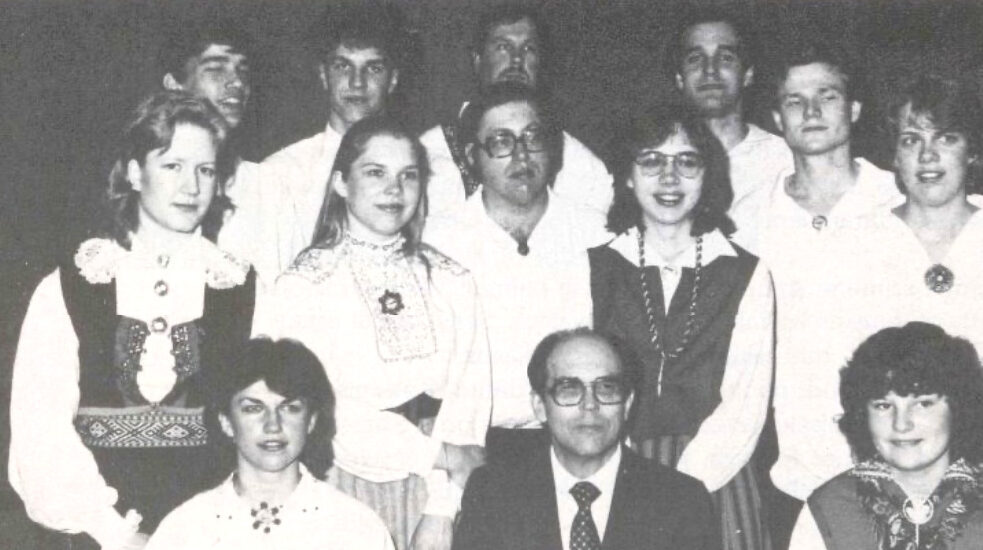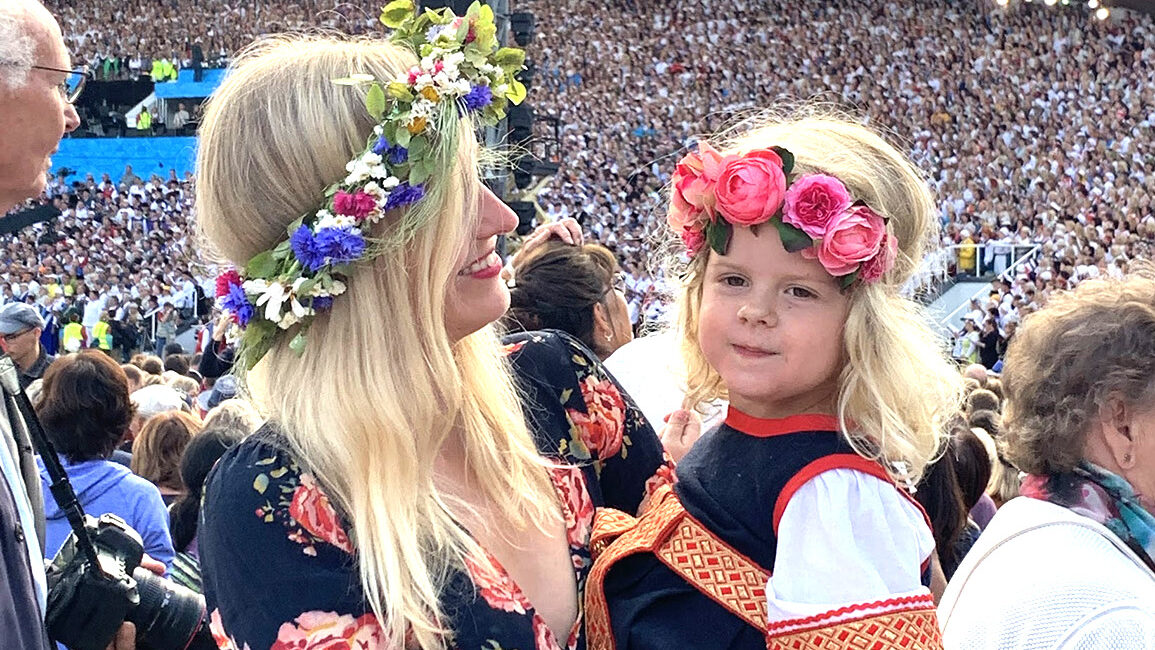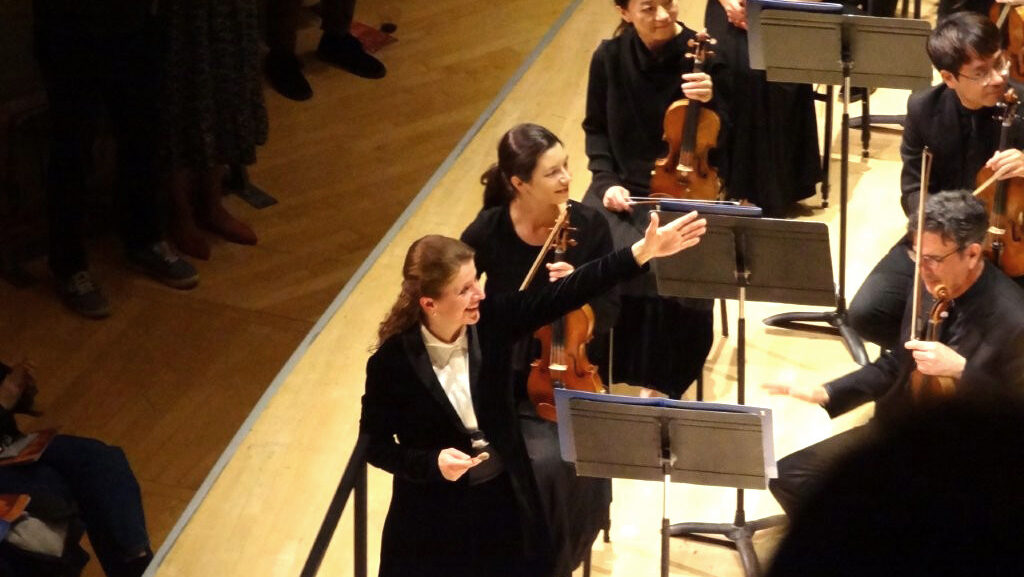In 1869, when Johann Voldemar Jannsen established the Estonian Song Festival, the nation was still a province of the Russian Empire (1721-1917). This coming together was considered responsible for fostering the Estonian national awakening, ärkamis/aeg. The new tradition was born and the festivals are still held every five years.
The name of this year's celebrations is “Minu arm”, from the Estonian poem “Mu isamaa on minu arm” (“My Fatherland is My Love”) by Lydia Koidula. The poem was first set to music by Aleksander Kunileid for the first Song Festival in 1869 and became a very popular patriotic song when a new melody was written by Gustav Ernesaks in 1944. Since 1947, it is always performed as the Song Festival's last song. It may sometimes be confused with the Estonian national anthem because of the similar title and opening notes. During the Soviet regime, “Mu isamaa on minu arm” became an unofficial national anthem of the people yearning to be free. This year's official laulu– and tantsupeo website is https://2019.laulupidu.ee/.
Riina Kindlam, Tallinn
